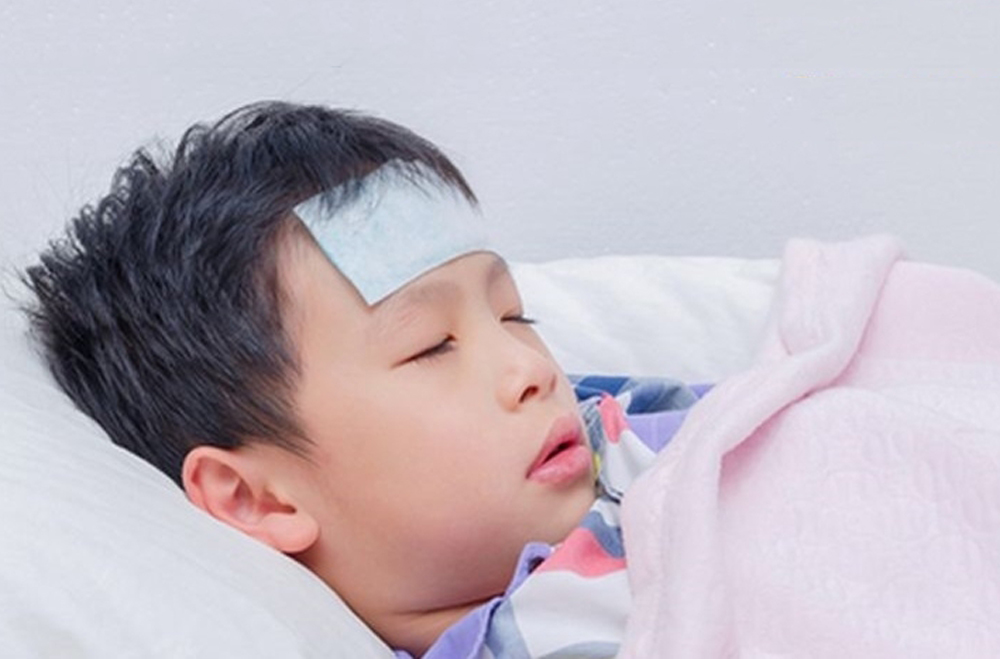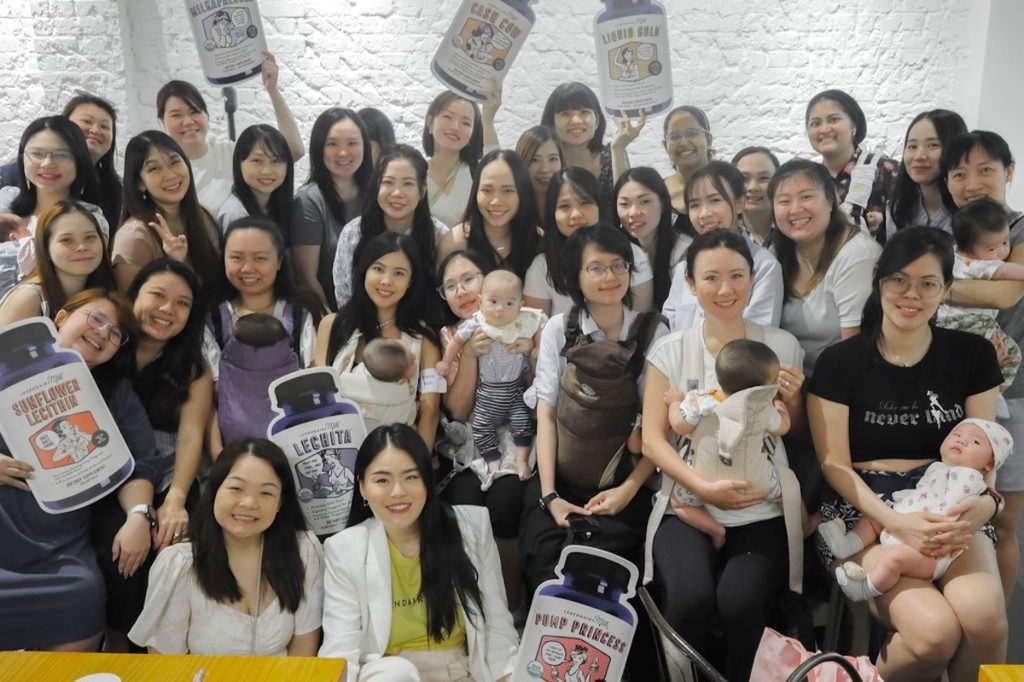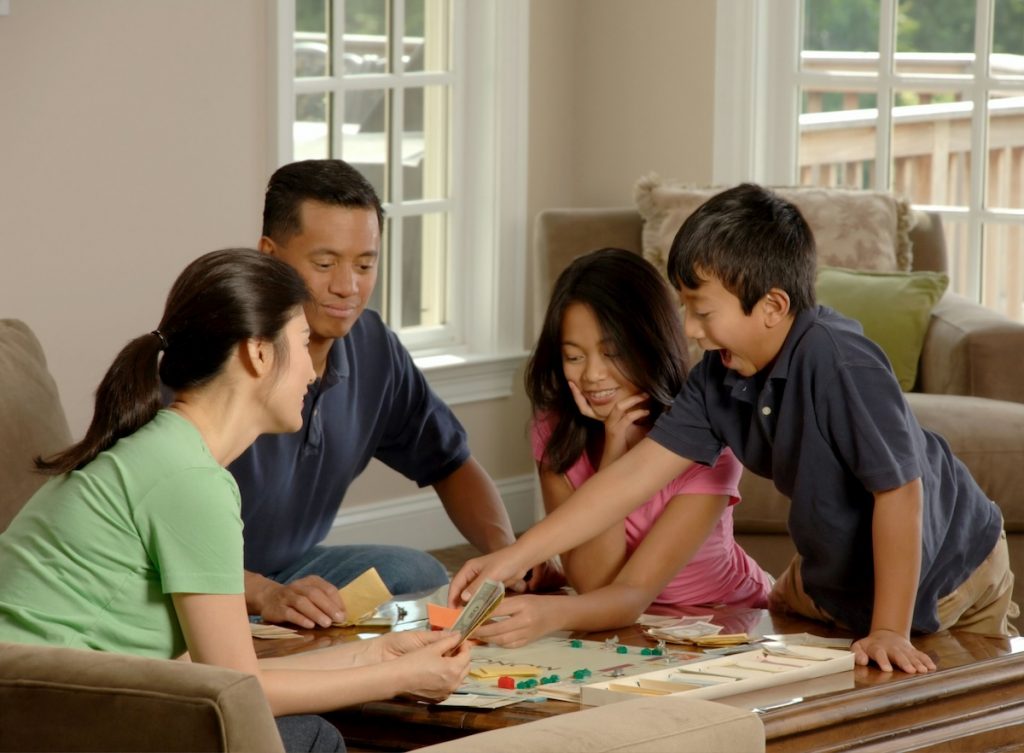Fevers are part and parcel of life. No matter what precautions you take, it is something that your child will eventually experience. That is not to say that you shouldn’t do anything. Dr Rajeev Ramachandran, consultant, Division of General Ambulatory Paediatrics and Adolescent Medicine, National University Hospital, discusses how fever appears, the best way to measure your baby’s temperature and how fever is treated in children.
What causes a fever?
Fever is usually caused by infections — mostly viral or bacterial. Rarely, it may be due to some autoimmune diseases such as SLE, JIA and so on. Some malignancies can also cause fever. Sometimes the cause of a fever can’t be identified.
What are the symptoms?
A temperature of more than 38˚C is considered fever. Look for other associated symptoms to find out the site of infection. Immediate medical attention should be sought if the child looks tired and is not feeding well. The seriousness does not always depend on the degree of fever, but rather more on the alertness of the child. If the temperature is more than 40˚C, the likelihood of a bacterial infection is high.
How do I accurately measure my baby’s temperature?
There are various kinds of thermometers available in the market. The gold standard for accuracy is still the rectal thermometer. Glass mercury thermometers are not so common nowadays due to safety concerns. Traditional digital thermometers are generally the cheapest to purchase and give you the greatest accuracy. They can be used in the rectum (rectal), mouth (oral) or armpit (axillary). Armpit temperatures, however, are typically the least accurate of the three. Oral and armpit temperatures are more convenient to measure. Digital ear thermometers are quite accurate and easy to use.
What are the treatment options?
Fever medications such as paracetamol or ibuprofen may be given to make the child more comfortable. These medications will reduce temperature temporarily and make the children feel more comfortable but do not treat the cause of the fever. Antibiotics are given if the fever is due to a bacterial infection.
Some children from six months to six years of age may get fits with fever. These children should be given fever medication promptly.
What should parents do when their baby has a fever?
Babies less than three-months-old with fever should be taken to the doctor immediately. These babies should be tested for possible serious bacterial infections. A doctor might advise to get the baby admitted to the hospital to do blood and urine tests, and spinal tap, if indicated. This is done almost always in children less than one-month-old with fever.
Older children with fever can be given fever medicines at home if they otherwise look well. Children with prolonged fever should also be taken to the physician.
How can I prevent fevers?
Preventing infections will help in reducing fever incidents. Vaccinations, including optional vaccines such as flu and chickenpox vaccines are quite helpful. General measures such as practising good hygiene and food habits, and keeping sick children at home to prevent spreading of the infection, will be helpful as well.
Dr Rajeev Ramachandran is a consultant from the Division of General Ambulatory Paediatrics and Adolescent Medicine, National University Hospital. He has completed advanced specialist training and received his paediatric specialist accreditation in Singapore.
To learn more about other common childhood conditions, click here.













